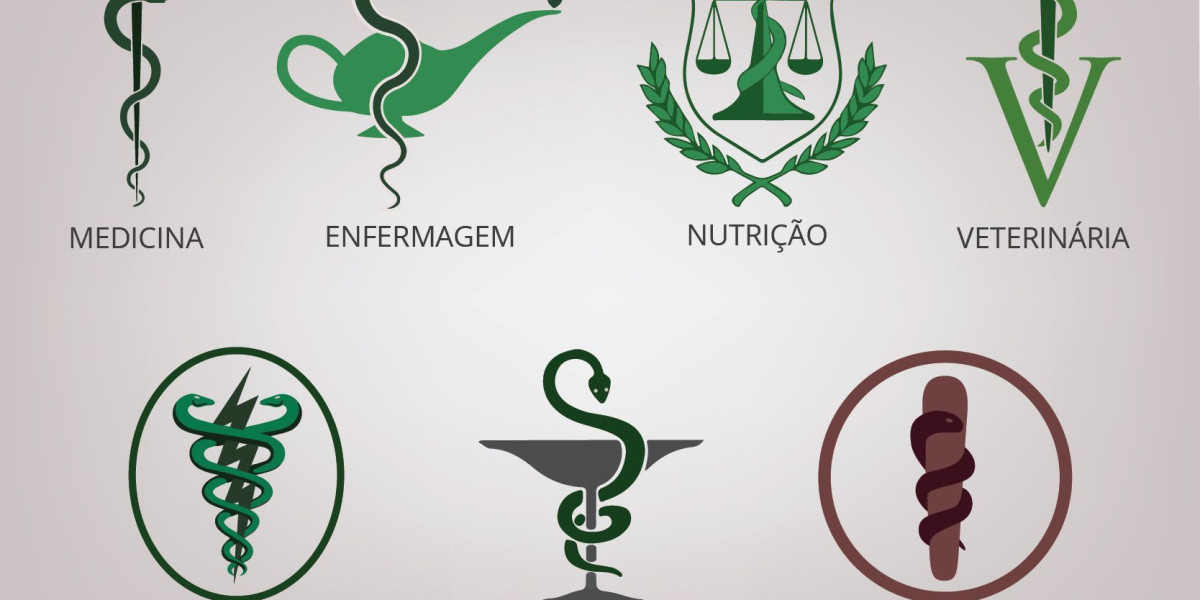The field of psychiatry is one of the core medical disciplines. Medical school graduates undergo two years of Foundation Training in a variety of departments in hospitals, including psychiatry. They then complete three years of specialization training, usually in three 12-month posts.
This includes the discussion of the most likely diagnosis and specific treatment recommendations in accordance with the holistic biopsychosocial model. They also prepare an uncomplicated medical report for your GP.
Psychiatrists
Psychiatrists are trained medically and are experts in diagnosing and treating mental health problems. While they work similarly to psychologists, they also are knowledgeable about the biological components of mental health and how this influences our behavior. Psychologists can prescribe medication that can aid in managing symptoms. They also offer assistance and advice.
To become a psychiatrist, you must have a medical degree recognized by the General Medical Council (GMC). You can then choose to complete a two-year programme of general training before beginning three years of primary psychiatry training. Then, you will finish a further three years of training in specialist the field of psychiatry.
In the uk private psychiatrist (Click on Iampsychiatry) There are currently 21 psychiatry wards that offer a national recruitment service for specialist and core training positions. They are responsible for overseeing recruitment across the country, arranging specialist training and maintaining standards. They also play a crucial role in the development of mental health services.
If you need to see a psychiatrist or psychologist, your GP can recommend one to you. They may also refer you to an individual from your local community mental health team. The Royal College of Psychiatrists is the main body of support for psychiatrists in the UK and is a great place to start your search. It lists psychiatrists that are registered to treat patients.
A private psychiatrist will examine your mental health in totality and, if needed, offer you a treatment program. They will assess you face-to-face online, via telephone or in person. They can also prepare an assessment for your GP. They will be able to help you overcome your symptoms and get back to living life to the fullest.
If you are considering visiting a private psychiatric doctor ensure you inquire about their credentials and experience. Choose a doctor who has an active GMC license and is a Royal College of Psychiatrists member. You should also check whether they accept insurance policies.
 Assessments
AssessmentsIn a confidential initial assessment the psychiatrist will conduct an extensive review of your mental health. This will include a thorough discussion about your current difficulties and a review of your past. This will include the discussion of your personal and family history to better comprehend what is happening at this moment. In some cases, the psychiatrist may recommend blood tests or other medical tests to get more information about your symptoms and health. They can be done by your GP or privately.
If the psychiatrist believes that you require more details, they will refer you to a specialist who will perform a further evaluation for instance, psychotherapist, psychologist or counsellor. These professionals can then recommend medication or therapy, when they believe it is appropriate. You are welcome to bring along a friend or family member to the session to discuss any questions you have.
Psychologists examine your symptoms in depth and determine whether they are due an illness or other causes, such as stress or alcohol. The assessment will consider the impact of your issues on your daily life, including your relationships and your ability to manage everyday tasks. The psychiatrist will ask about your family, social activities, and how your problems affect your school or at work.
PLAN examines the liaison psychiatry service that assesses patients in hospitals. They are required to have rooms that meet the standards that allow for safe high-risk assessments. PLAN has discovered that this is a difficult goal to meet and that there are many barriers, such as the assessment rooms not being a priority for hospital management or balancing safety requirements with the creation of a calming environment. PLAN has also discovered that certain hospital liaison psychiatry services struggle to meet the standards of the National Suicide Prevention Strategy, which emphasizes the importance of having the right facilities for assessing people at risk of suicide.
Medical Investigations
 Psychologists have been trained to recognize and treat physical causes of mental disorders, such as those that are usually physical. This may require them to perform medical investigations such as blood tests and MRI scans. The psychiatrist will usually decide what tests are needed after reviewing your symptoms and past history. The results of tests will help to confirm or rule out the primary causes of your illness.
Psychologists have been trained to recognize and treat physical causes of mental disorders, such as those that are usually physical. This may require them to perform medical investigations such as blood tests and MRI scans. The psychiatrist will usually decide what tests are needed after reviewing your symptoms and past history. The results of tests will help to confirm or rule out the primary causes of your illness.A psychiatrist might also decide to prescribe medication, rather than conduct medical tests. When taken correctly, medications are extremely effective in treating mental disorders. Occasionally, the psychiatrist will recommend you to a therapist for a specific therapy. GPs are normally only willing to refer you to a therapist in the event that they believe that the therapy will be helpful.
The psychiatrist will usually schedule follow-up appointments lasting about a half-hour or one hour, based on the complexity of your case. The psychiatrist will prefer to see you face-to–face, however, during the Covid-19 epidemic it was not unusual for the first appointment to be conducted over the phone or via video. You may bring your family member or friend into the consultation room but it is not always required.
Your doctor might be able arrange for a second opinion from a psychiatrist within another NHS trust. It will depend on whether the service was willing do so and if the local integrated health board (ICB), was willing to fund the procedure. You might also seek help from an advocacy or mental health advocacy service.
Psychiatrists need to have medical degrees and work as foundation house officers for two years in a range of different hospitals. After that, they can apply for specialist training. This is divided into three phases: basic psychotherapy, three years of higher psychiatric specialty and two additional years of senior registrar training. Then, they will receive a Certificate of Completion of Specialist Training. The process can take up to nine years following medical school.
Medication
If you suffer from an illness of the mind your doctor may prescribe medication for you. This is a form of treatment that helps to reduce the symptoms and improve your ability to function in everyday life. Psychiatrists can also recommend alternative treatments, such as psychotherapy or counseling. It is essential to listen to your doctor carefully because medications work differently for everyone.
Some psychiatrists specialise in particular disorders, while others treat various ailments. For example, Dr Humphries is a seasoned general adult psychiatrist and highly respected specialist in adult ADHD. He has been in the field for quite a while and has written numerous important Department of Health publications. He also serves as consultant for the NHS and has vast experience in both inpatient and community services.
Psychiatrists may prescribe medication to treat specific symptoms or recommend other types treatments, including cognitive behavior therapy (CBT) or counseling. Some psychiatrists are also trained in mindfulness techniques that can help patients manage their mental health issues.
The Royal College of Psychiatrists is the most common professional body for professionals in psychiatry. The RCPsych offers professional support to its members, including job opportunities and briefings on policy. The organization also engages in research and organizes an annual conference. It also offers prizes and prizes to students interested in psychotherapy.
Based on their area of expertise, a Psychiatrist may be employed in the NHS or in the private sector. They work for 40 hours a week, with additional on-call duty. Depending on their specialty they might be required to work nights or weekends.
A Psychiatrist can assess you for many mental health issues. From anxiety and depression to bipolar and schizophrenia. They can determine the most appropriate treatment for you. They can also provide you with self-help leaflets and other guidance to support you. If required, they may recommend other mental health services within the community. In the UK one out of six adults suffers from mental health issues. These conditions can affect your quality of life and it's crucial to seek treatment as soon as you can.






